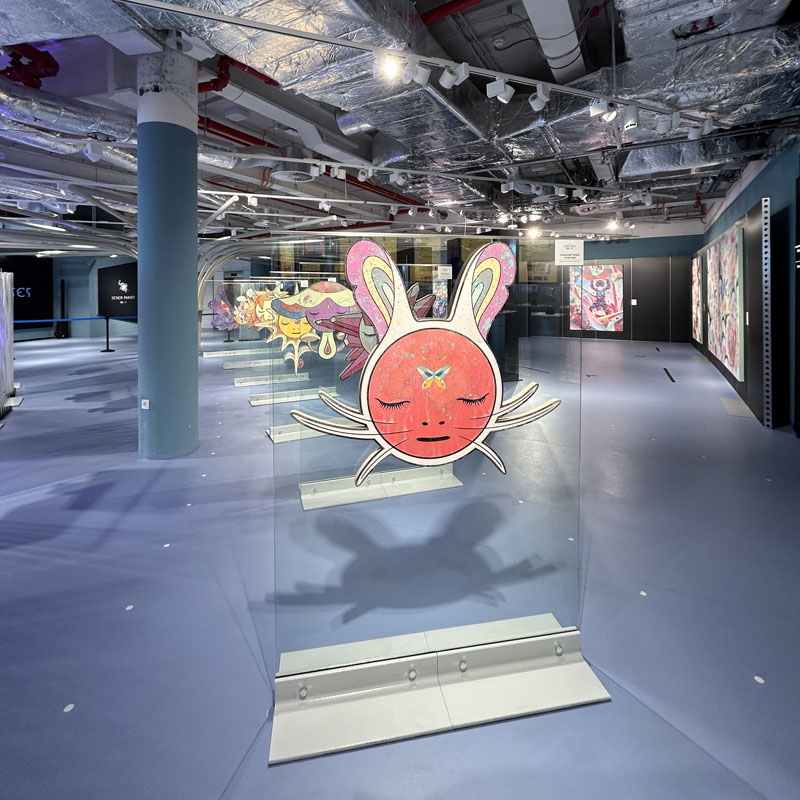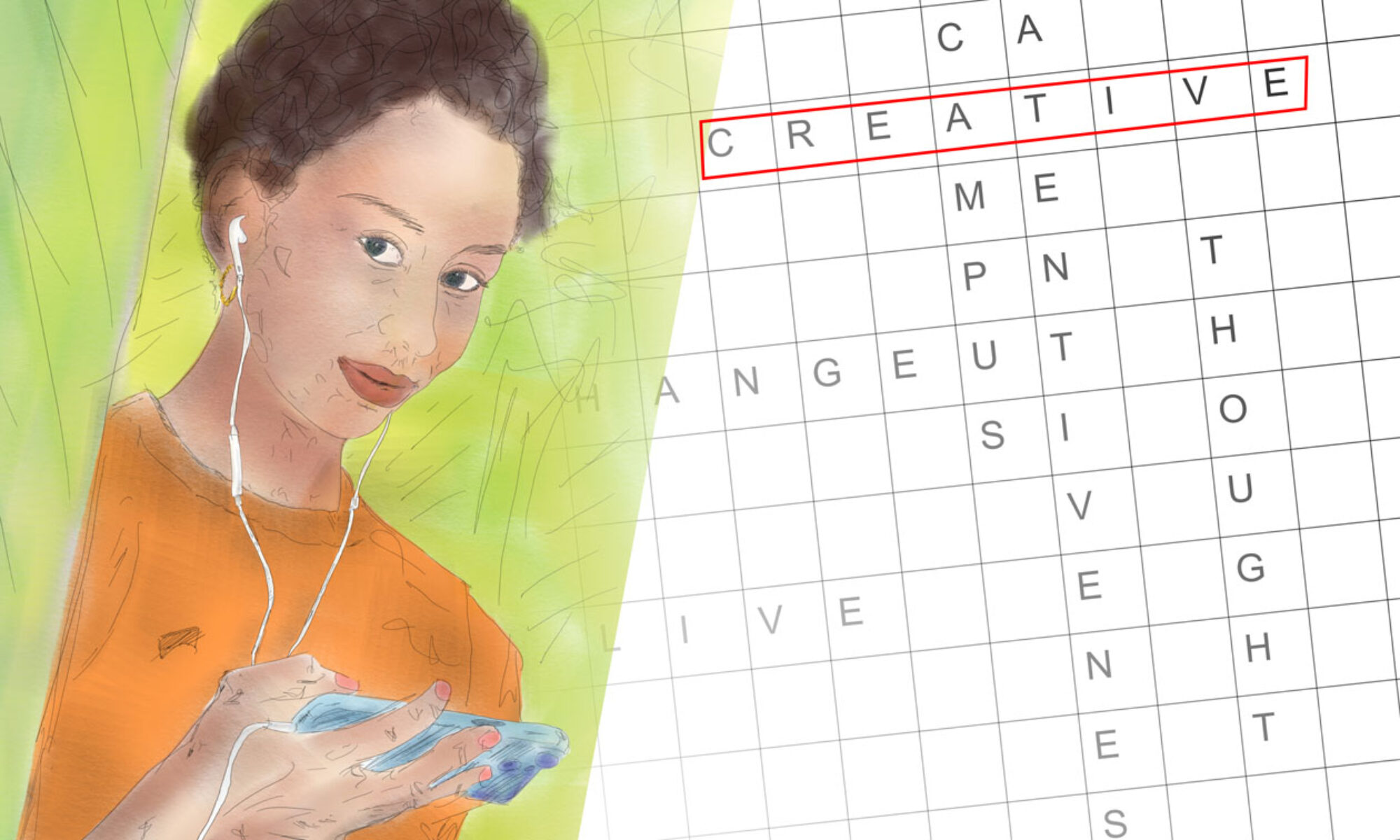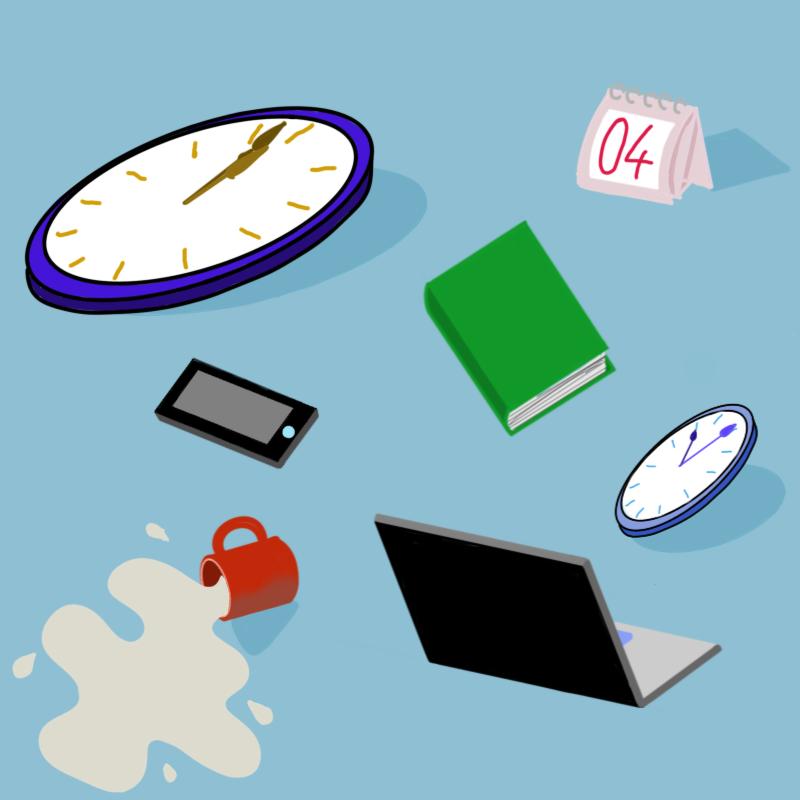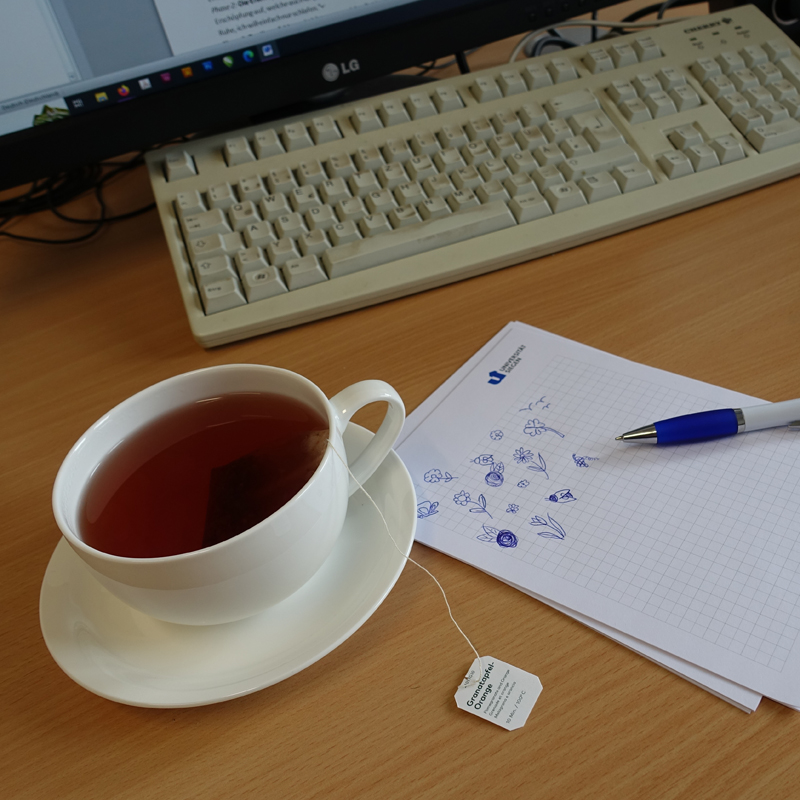… are based on a network of reliable sensors. It detects seismic waves, evaluates them and automatically activates a warning signal. There is also an early warning system for stress. We can react to it. But this only works if we are mindful. There are three categories: physical symptoms, our own behavior and the reaction of the environment.
Physical symptoms: sleep disturbance, fatigue, eyelid fluttering, stomach distress, rapid heartbeat, high blood pressure.
My behavior: Hasty and restless, excessive consumption of coffee, tea, sweets, denial of stress, no time for free time
Reaction of those around me: Friends who no longer contact me, co-workers who no longer contribute colleagues who withdraw from work
And as with all warning signals, they want to be taken seriously. Overhearing them and just carrying on is not a good idea. So take action and change something.





